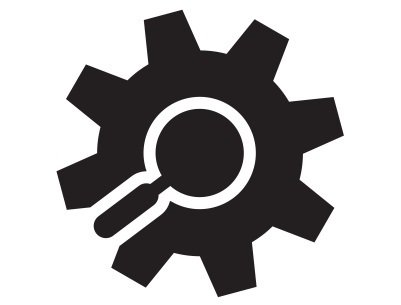Admissions Process & Criteria
The Collins Institute is not for every student or every family.
Identifying the Right Fit
The Collins Institute is designed to quickly identify young scholars who are better served by a more dynamic educational system. A student is put on watch if they fall below the level at which public school peers stand—or should they fail to earn a certain number of credits each month. If the situation is not quickly rectified, we work with the student to find a better fit. The system is designed this way to ensure that no student falls far behind whatever level of educational attainment they would reach in a traditional education system while trying the Institute. This is also why our application process is so rigorous.
Admittance is based on “I Will,” not IQ
We do not ask students for transcripts or even to take a test in order to be admitted. Instead, applicants to the Institute submit a proposal for a project along with a timeline to complete said project. Students are conditionally admitted based on the ambition and scope of their proposed projects. They are then given the chance to attempt their projects. Should a student fail to complete their project within their proposed timeline, conditional acceptance is revoked.
For more information on how this process works, see the admissions page.
Well-Matched Students
Students well matched for the Collins Institute have a strong internal motivation to succeed and start with at least a rudimentary ability to motivate themselves. Our program is also more effective when a student does not wish to not return to the legacy schooling environment and sees the Institute as a vastly preferred method of education, so an anti-authoritarian streak and strong internal sense of justice are also valuable. The ideal student at the Institute is someone with a strong desire to be the best with the goal of utilizing their superior motivation and abilities to make the world a better place.
The industrial education system is focused on keeping a student's internal fire under control with the promise that they can release it after college. The Institute is built around kindling, growing, and unleashing that fire upon the world without delay.
Accessibility
The Collins Institute for the Gifted is dedicated to being accessible to individuals of any socioeconomic background (through scholarships) and with any disability that does not hinder their ability to perform within the Institute's unique learning environment. Given that this program's founders grew up neurologically atypical, with one being diagnosed with type two Autism, we take this pledge very seriously and have designed the system to be an environment in which atypical people can thrive.
How old does my kid have to be?
The Collins Institute is designed to replace the secondary education system (middle school and high school). While not perfect, Montessori education is not fundamentally broken when applied to the age range for which it was designed (primary education), so it is not our top priority to create another primary education alternative.
Why does Montessori (and to a lesser extent unschooling) work so well for young kids while faltering as they age? Before middle school, education is optimized around creating an optimal environment for natural development. However, during middle and high school, education must prepare people to thrive in societies teeming with unnatural constructs.
Secondary education also needs to approach its students as fully actualized, independent beings. As students age, the teacher’s role shifts from that of caretaker to that of a support team, equipping students to take on the world.
